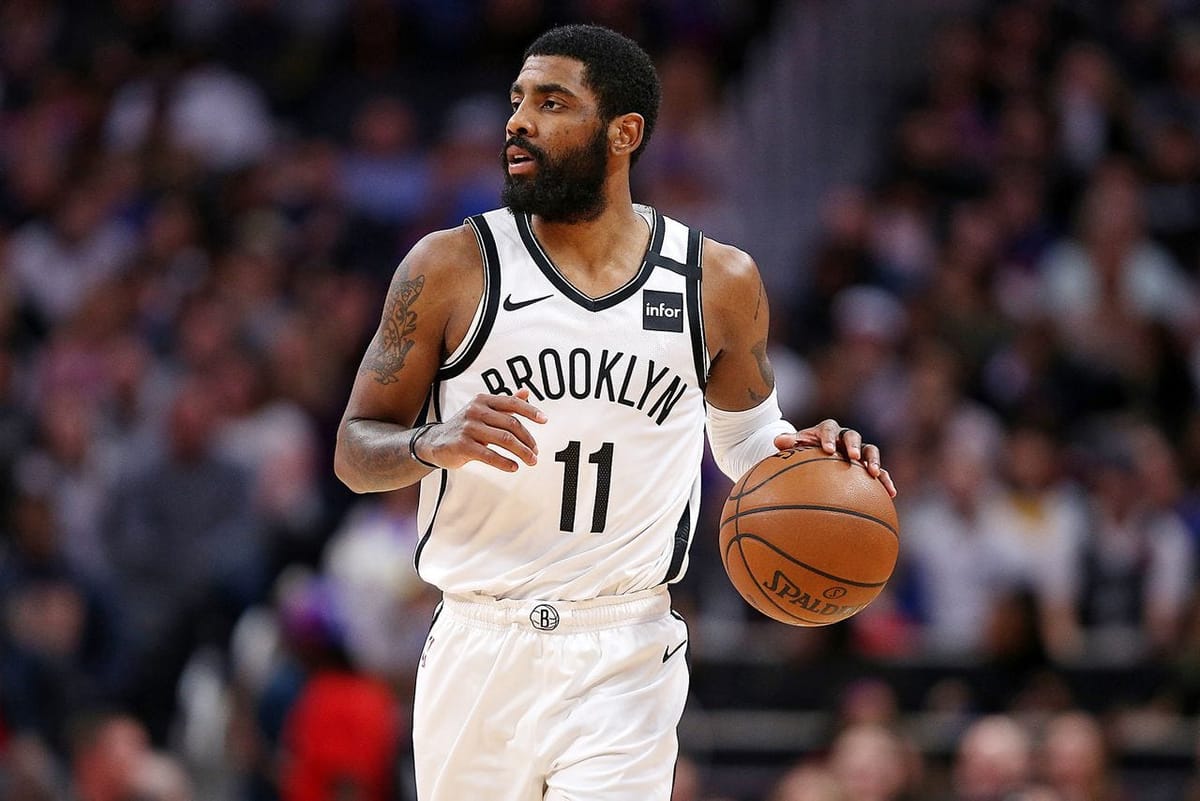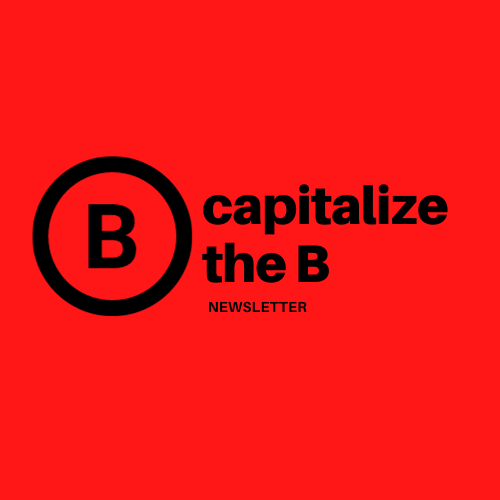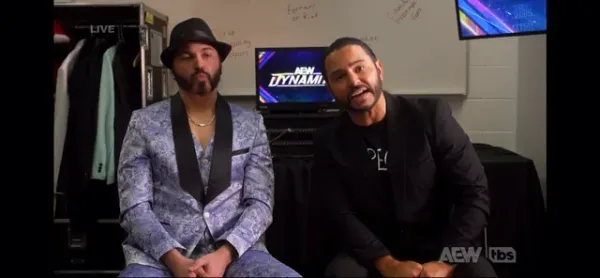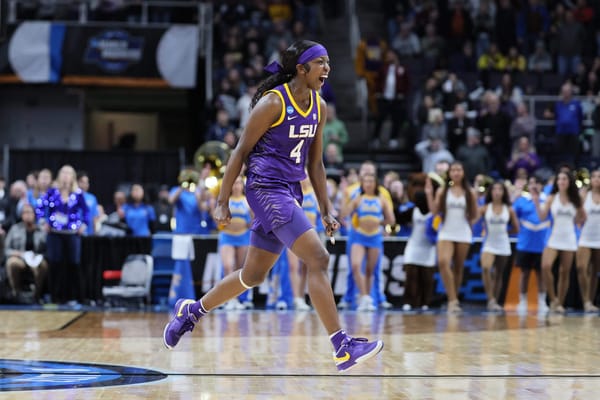To Play Or Not To Play?
Within a raging epidemic and a growing call for social change, NBA players rightfully grapple with the concept of 'play on.'

Photo Credit: Mike Mulholland | MLive.com
Throughout our history, sports have always been seen as either a needed distraction or a unifier. Think of the Yankees 2001 World Series run during the aftermath of 9/11 or the New Orleans Saints’ first game back in the Superdome after Hurricane Katrina. Seeing men and women compete and showcase the best part of themselves helps us take our minds away from the everyday muck. For two or three hours at a time, we put our aspirations and disappointments on these highly intelligent and gifted athletes.
The global pandemic of COVID-19 had brought sports to a standstill. The UFC, professional wrestling, and European Soccer have resumed events; albeit with amended events. No fans present and extensive testing. Even so, the unpredictability of the virus can creep up on you. Couple this with the recent wave of protests that have brought attention to police brutality in cases like George Floyd and Breonna Taylor and racism as a whole. You start to wonder - with such mounting issues, (one that will eventually have a vaccine and one that’s been a problem since the inception of what would be the United States) is an escape what we need right now? As the NBA looks to resume play on July 30th, this is what they are faced with.
Brooklyn Nets superstar guard Kyrie Irving led a call Friday night of about 80 NBA and WNBA players and voiced his concern about the league’s return. He is quoted as saying “I’m willing to give up everything I have [for social reform]. Others such as Los Angeles Lakers center Dwight Howard and former player Stephen Jackson have backed Irving’s sentiments while players like Lebron James and Austin Rivers support a return to the league to assist the current movement. They believe that with the NBA basketball having such a big platform, they can use it to provide eyes on the matter of the protests.
I’m not here to say which way is wrong. I’m sure that there will be some media that will be in a rush to pit Irving and James against each other. This is even though, both players desire the same end goal - just with different means of getting there. Irving was just simply giving a forum for players to voice their concerns. The quote that does not show up in a lot of sexy articles is that he reiterates in whatever is being decided, they are all in it together.
As sports fans, we tend to look at leagues and players through the lens of the consumer. We cheer for them when they hoist up trophies and break records. We critique them when their percentages are down or if we perceive them as lacking the ‘killer instinct’ to win. Fans generally refer to these athletes in sports rhetoric and not so much being human beings. “The customer is always right and I need to be entertained.”
“You make millions of dollars. C’mon man. What problems could you possibly have? You get paid to dribble a ball!”
I’ve heard many of these arguments before. They sound very much like “shut up in dribble,” missing the point that there is much more to these players than a basketball and a hoop.
Why is it that someone like New Orleans Saints QB Drew Brees is allowed space for his expression on protest in the NFL and Kyrie Irving is being vilified for valid concerns on current events? Before he’s a basketball player, he’s a Black man with a family. These types of motifs have always been involved in sports. Baseball greats such as Joe DiMaggio and Ted Williams left within his prime to go serve in the military during World War II. Muhammed Ali lost his boxing titles during his opposition to the Vietnam War. As much as we hate to shy away from it, political issues are attached to sports. You can’t get one without the other.
Black athletes are confronted with a two-tier problem: a global pandemic that is affecting minorities at an alarming rate. Not to mention going to a state of Florida where COVID-19 cases are on the rise. Have we considered the mental health aspects of players being in a bubble away from their families during a pandemic? Where they will not be able to leave for months at a time? Of course, there’s a lot at stake when there’s money involved. If play is not resumed, the NBA is going to be on the hook for about 1 Billion dollars in losses. Yes, there can be a lot of good if the players play and donate to charities on the ground. However, racism doesn’t care how much money you make. In a league that has only one minority owner still to date, one has to wonder who is benefiting from playing with so many risk factors. If the argument is that the owners will take advantage of the CBA agreement in the next league year, then ask a different set of questions. What are the ethics of billionaire owners taking advantage of changing the playing field while all of this is going on?
Players are also going back to playing games during a time of social upheaval which is directly tied to the treatment of Black Americans. About 80% of players in the NBA are black. If basketball players are willing to forego the rest of the season to keep the focus on what’s happening; would that not deconstruct the “selfish athlete” narrative. NBA players are not essential workers. For fans and certain writers to place that upon them and to look upon them as property and not people outside of their occupations is unfair.
For once, America has to wake up daily and be confronted with the ugly truth that racism is still raging like an unkempt forest fire. Many have not started to see the glaring truth that things are not equal for many. A reality that many minorities have been screaming into a void for much of their lives. It’s not to say that athletes aren’t doing anything currently. Many are taking apart in protests. Lebron James has recently gathered a coalition to put a spotlight on voter suppression. The ultimate dismantling of racism is not just going to call on just one response. It’s on the shoulders of all of us. As NBA players contemplate resuming play, perhaps it’s time that we think about our scope of athletes. They become our heroes at tipoff and post-game press conferences. Whatever they decide to do with the game that they ultimately have to sacrifice for - we have to be ok with and listen. Just sticking to sports may not be the answer that we need.




